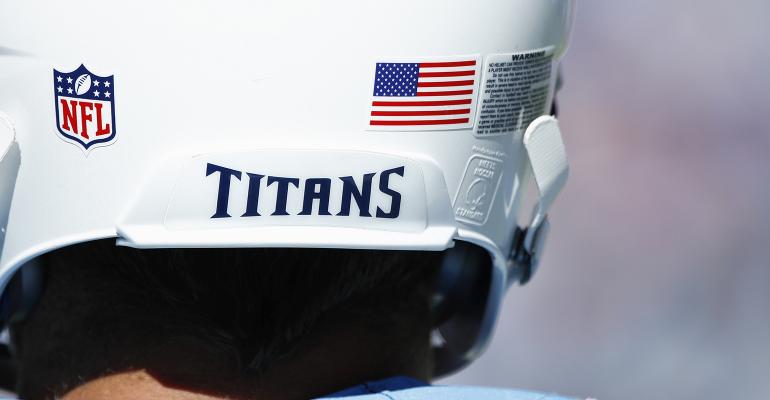The Securities and Exchange Commission has charged Tallahassee, Fla.-based Cambridge Capital Group Advisors and its two former principals, Phillip Timothy Howard and Don Warner Reinhard, with defrauding 20 investors, most of whom were retired National Football League players who claimed brain injuries from concussions suffered while playing professional football.
Howard, a lawyer, represented the former players in a class action lawsuit against the league for concussion-related injuries. Reinhard is a former investment advisor and convicted felon who is currently serving time in a Florida penitentiary for child abuse. Cambridge, which is no longer listed as a registered investment advisor, could not be immediately reached for comment.
According to the SEC, the two convinced the players to invest in two proprietary hedge funds, which they claimed were invested in diverse instruments. In reality, the funds were entirely invested in settlement advance loans. In addition, Howard and Reinhard supposedly charged the players over $300,000 in fees for managing the funds, while Howard borrowed $612,000 for real estate investments in Florida and Boston without paying the funds back.
Between October 2015 and March 2017, the men reportedly raised $4 million from the ex-players, about half of whom rolled over their NFL 401(k)s to invest in the funds, despite Howard’s acknowledgment that the players’ “brain function was not there … their body has been beat up from the NFL, they don’t have employment capacity, they don’t have credit, and they don’t have capital anymore."
And in 2015 and 2016, Howard, on behalf of Cambridge, filed disclosure statements with the commission representing that in the past 10 years no affiliate of Cambridge had pleaded guilty to a felony or been enjoined by a domestic court in connection with any investment-related activity.
Howard and Reinhard allegedly paid themselves about $361,400 in broker fees from investors’ funds. Specifically, for some of the settlement advance loans they made to Howard's NFL class action case clients, they paid themselves a broker fee using investors’ money.
Cambridge allegedly charged the funds a quarterly management fee of 0.5% and performance-based fees of 20%, totaling about $97,000.
From October 2015 until at least March 2017, the funds spent at least $6.4 million on NFL settlement advances, at least $3.1 million of which went to pay investors’ NFL settlement advances, the SEC says.
The settlement advances generally took the form of a single lump sum disbursement ranging as high as $390,000, or a monthly disbursement plan with payments from the funds to the players as high as $11,000 per month. Many players entered into both lump sum and monthly settlement advance agreements with the funds.
Reinhard took a sabbatical from Cambridge to serve a four-month sentence for violating the terms of his supervised release on his 2009 felony charge. He had pleaded guilty to making a false statement to a federally insured financial institution; making a false statement under penalty of perjury in relation to a case under bankruptcy; making or using a false document within the executive branch of the government; transferring or concealing property during bankruptcy; and making or subscribing a tax return that is not correct as to a material matter. He was sentenced to 51 months of federal prison. When he was released from prison in July 2015, he resumed work at Cambridge and solicited investors in the funds.





